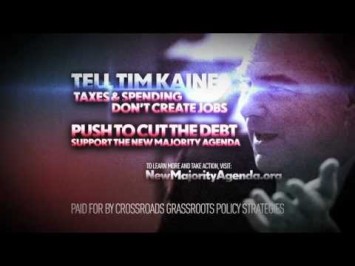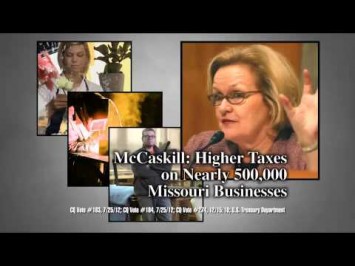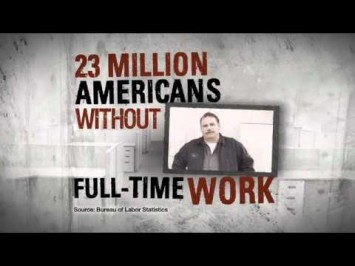Those familiar with House Budget Committee Chairman Paul Ryan’s (R-WI) last budget proposal won’t be shocked at this year’s updated “Path to Prosperity,” a fiscal plan for 2013 and beyond that pledges policy prescriptions for “safeguarding America from the perils of debt, doubt and decline.” Like the old version of the “Path,” Ryan’s second attempt at engineering fiscal policy – including recommendations for overhauling the tax code, cutting spending, and reforming Medicare and Medicaid – takes an axe to federal spending that benefits those without political or economic power but showers tax breaks on the wealthy. With its absence of reasonable solutions for lowering debt and its far-fetched proposals to shift the country’s fiscal burdens onto the poor and middle class, the latest Ryan plan is at heart the same as the old one: A blueprint not for stabilizing the country’s fiscal situation but for forcing an ultra-conservative vision on the federal government.
Ryan Plan’s Cuts Are Enormous, Unrealistic, And Wouldn’t Balance The Budget Until 2040
The New Ryan Plan Proposes Even Larger Deficit Cuts Than Last Year’s GOP Budget. From the Associated Press: “This year’s GOP measure would produce deficit estimates that are significantly lower than a comparable measure passed by the House a year ago, claiming deficit cuts totaling $3.3 trillion – spending cuts of $5.3 trillion tempered by $2 trillion in lower taxes – below Obama over the coming decade. The deficit in 2015, for example, would drop to about $300 billion from $1.2 trillion for the current budget year. Last year’s GOP draft called for a 2015 deficit more than $100 billion higher.” [Associated Press via HuffingtonPost.com, 3/20/12]
The New Ryan Budget Cuts Spending By $100 Billion From This Year To Next. From the Associated Press: “The measure would cut spending from $3.6 trillion this year to the $3.5 trillion range in 2013 and freeze it at that level for two more years.” [Associated Press via HuffingtonPost.com, 3/20/12]
The New Ryan Budget Cuts Spending By $5 Trillion Over The Next Ten Years. From Bloomberg: “House Budget Committee Chairman Paul Ryan today proposed reducing spending by $5 trillion over the next decade from the U.S. budget with Medicaid, food stamps, Pell college tuition grants and other programs facing reductions.” [Bloomberg, 3/20/12]
Read more after the jump.









